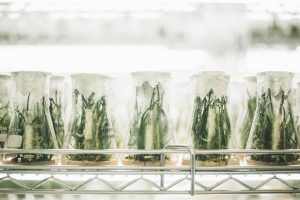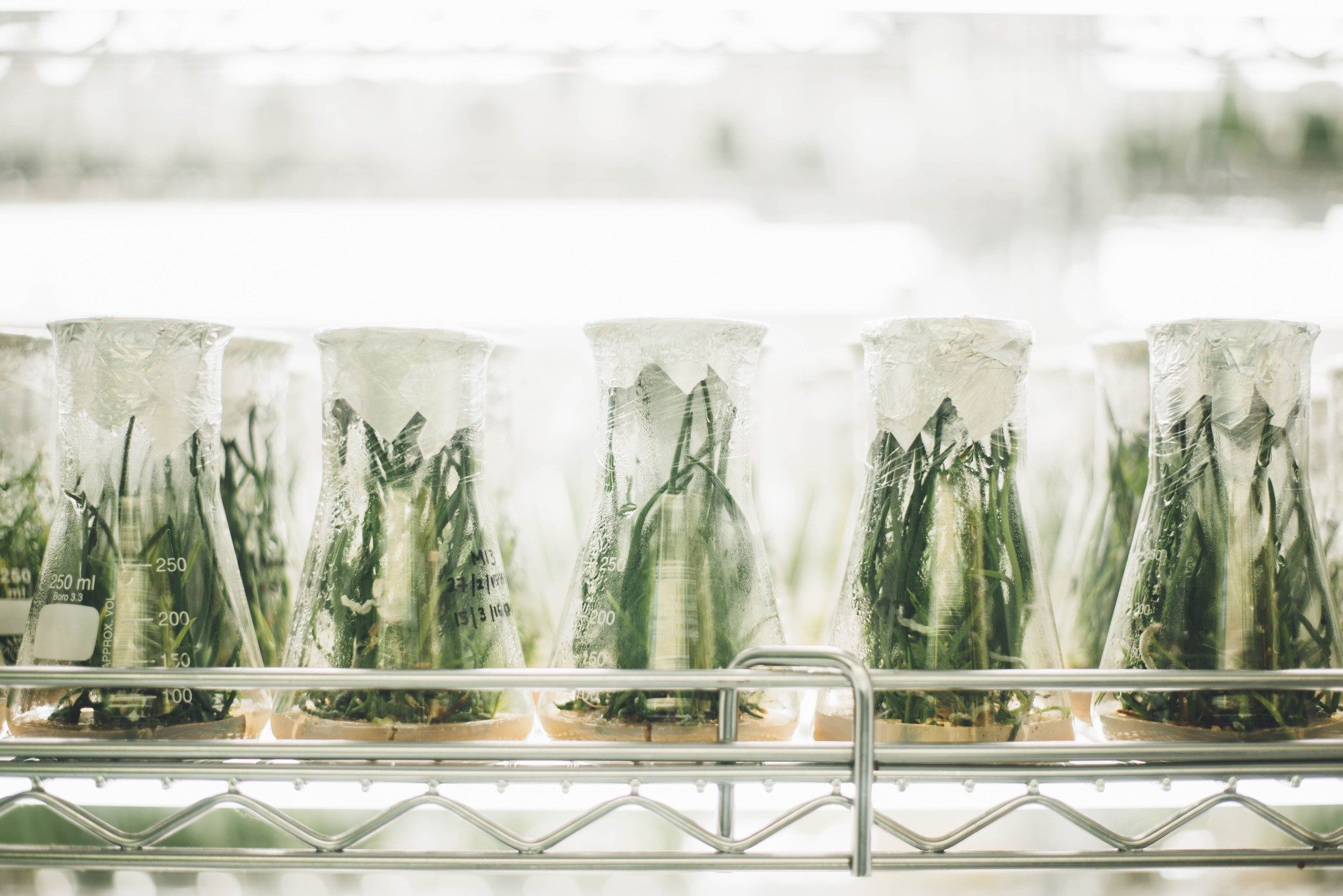 This essay by Heather Carpenter, Lecturer in the Department of Environmental Studies at UP, is the fourth in a series of short pieces that offer faculty across the campus an insider’s tour of one of the courses that make up UP’s Core program. Since the Core involves almost a third of the curriculum for every UP student, faculty can benefit from these discipline-by-discipline essays, to better understand the breadth of their students’ campus experience.
This essay by Heather Carpenter, Lecturer in the Department of Environmental Studies at UP, is the fourth in a series of short pieces that offer faculty across the campus an insider’s tour of one of the courses that make up UP’s Core program. Since the Core involves almost a third of the curriculum for every UP student, faculty can benefit from these discipline-by-discipline essays, to better understand the breadth of their students’ campus experience.
Everybody eats. We define ourselves by what we eat. We say: I’m a meat and potatoes guy, or I love spicy food, or even shellfish or mushroom haters unite! It’s pretty easy to answer when someone says: I’ve got kimchi or toum in the back of my fridge, or Old Bay in my cupboard, can you guess where I’m from? Clothes change, language adapts, but if you want to really know a person: find out what they eat. The personal nature of food is the starting point in ENV 160, the Science of the Sustainable Gourmet, where students explore how their individual choices shape the world we all live in. This is one of the many options students have to fulfill their science core, all of which try to reveal the relevance of science to our daily lives.
We all share an interesting emotional vulnerability when it comes to our food. If a student tells their parent to say, pump up their car tires to save gas and be better for the environment, they might not listen but they won’t get mad. On the other hand, if a student tells their parent they want to go vegetarian for environmental reasons the reactions range from confusion, disgust, to plain old guilt: is the food I cook (slave over the hot stove) for you not good enough? It’s never, is the car I drive not good enough? Friends, and even strangers get involved too. In ENV 160 I have students change their diet for a class project and almost all of them report the hardest part being the ridicule and teasing from their friends. And count the side eyes and arched eyebrows when you order no bacon bits on the salad…
What we eat is personal. It’s based on culture, family, religion, even genetics (does cilantro taste like soap to you?). It’s how we show love: chocolates for romance, cake on your birthday, or grandma’s extra serving on an already full stomach (that one goes both ways). It’s also how we show empathy during grief: food at a wake, ice cream for a break-up, or drowning our sorrows. And food is trendy right now. Chefs are household names, and young people join the culinary field with the express interest in getting famous. The only reality show that you will like everyone on is the Great British Baking Show.
But here’s the thing, food is also one of the easiest ways we interact with the environment and where our choices make a tangible difference. We have control over what we choose to eat. We can’t just place the blame on the big greedy agricultural corporations. We could just buy from our local farmer.
Modern industrial food production has ties to present-day slavery, habitat destruction, and climate change. Agriculturally, we are spending our children’s inheritance. We are losing arable soil, running out of clean water, decimating the oceans, and wasting a very limited supply of usable phosphorus. When combined with our growing population, we reach a rather uncomfortable ethical conundrum.
It’s pretty hard to be apathetic about your culpability and argue that this has nothing to do with you. Regardless of your major or career plan: english, engineering, theology, we all eat. As an informed eater, you have the real opportunity to minimize your impact and this can lead to many levels of joy. In the words of Wendell Berry “eating with the fullest pleasure – pleasure that is, that does not depend on ignorance – is perhaps the profoundest enactment of our connection with the world.”
I tell my students that the point of a core education is to be able to join any dinner party and not make a fool of yourself. After a quality liberal arts education, you should be able to participate in any social level of conversation, be it about art history, social welfare, or climate change. You don’t have to be that computer scientist who only wants to debate the merits of Java vs C++, the historian that doesn’t have a clue about modern issues, or the psychology major that can’t stop psychoanalyzing their conversation partner. Instead, you could leave your dinner companions wondering just what your major was. In my sustainable gourmet class, you also learn about the impact of the dinner being served. It makes for some scintillating conversation. Just remember, people will take it personally.
